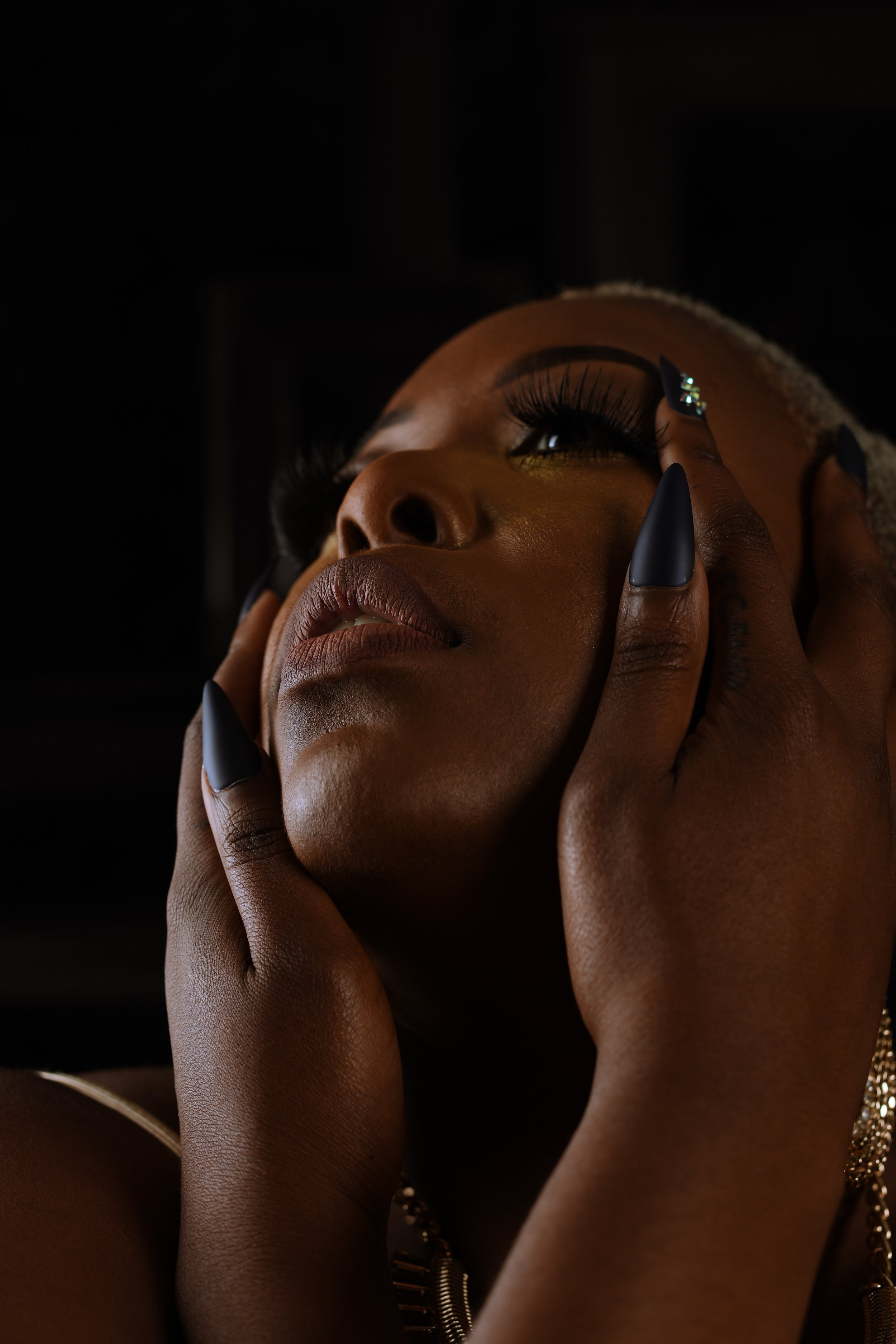
Melissa
“Due to religious and cultural values, there were no talks of addressing or recognizing wavering mental health or empowering intersectional identities—even learning how to admit that one is stressed, unhappy, or anxious.
Mentioning any of this was a sign that I wasn’t a strong believer in God or that my intrinsic faith was non-existent.”
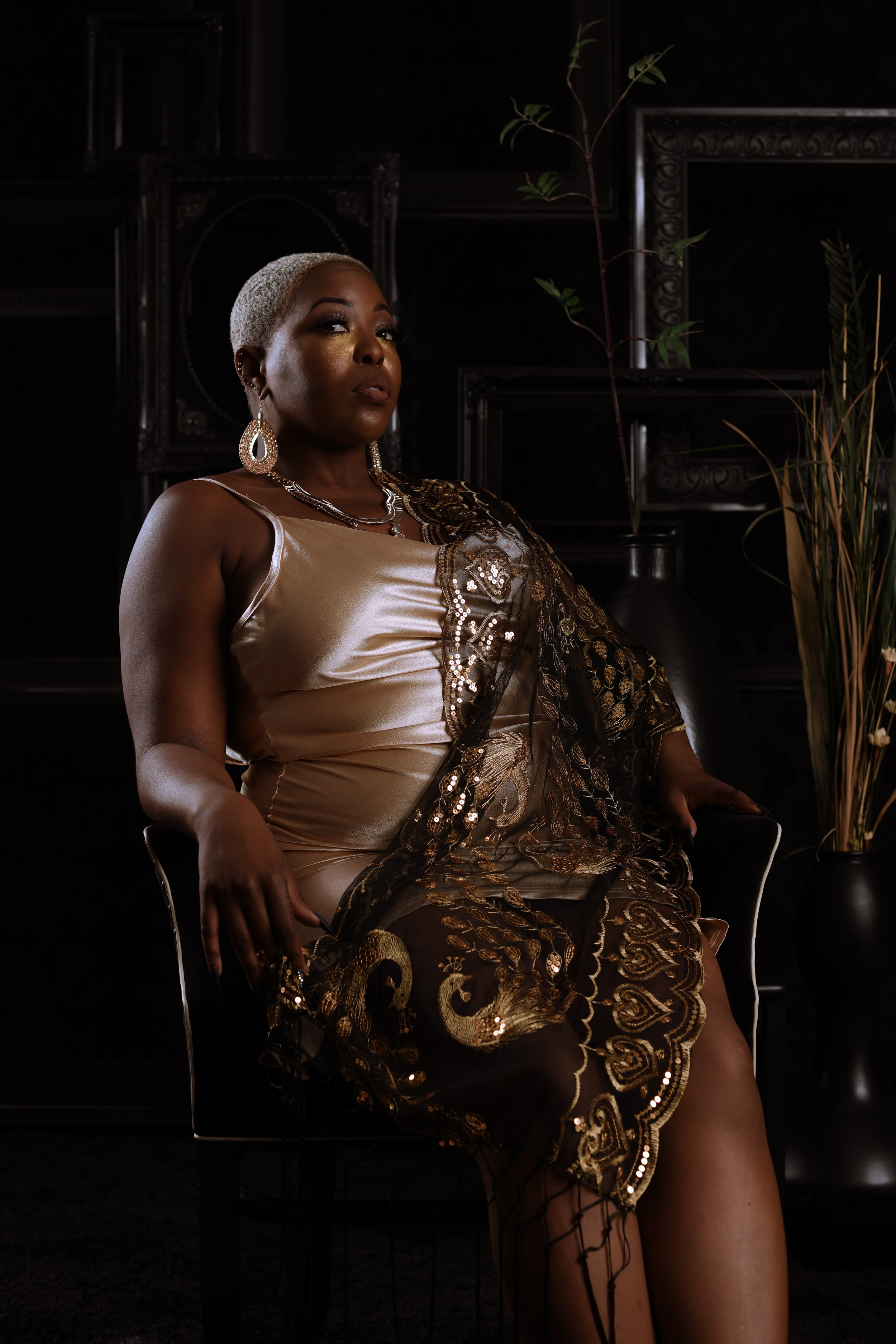
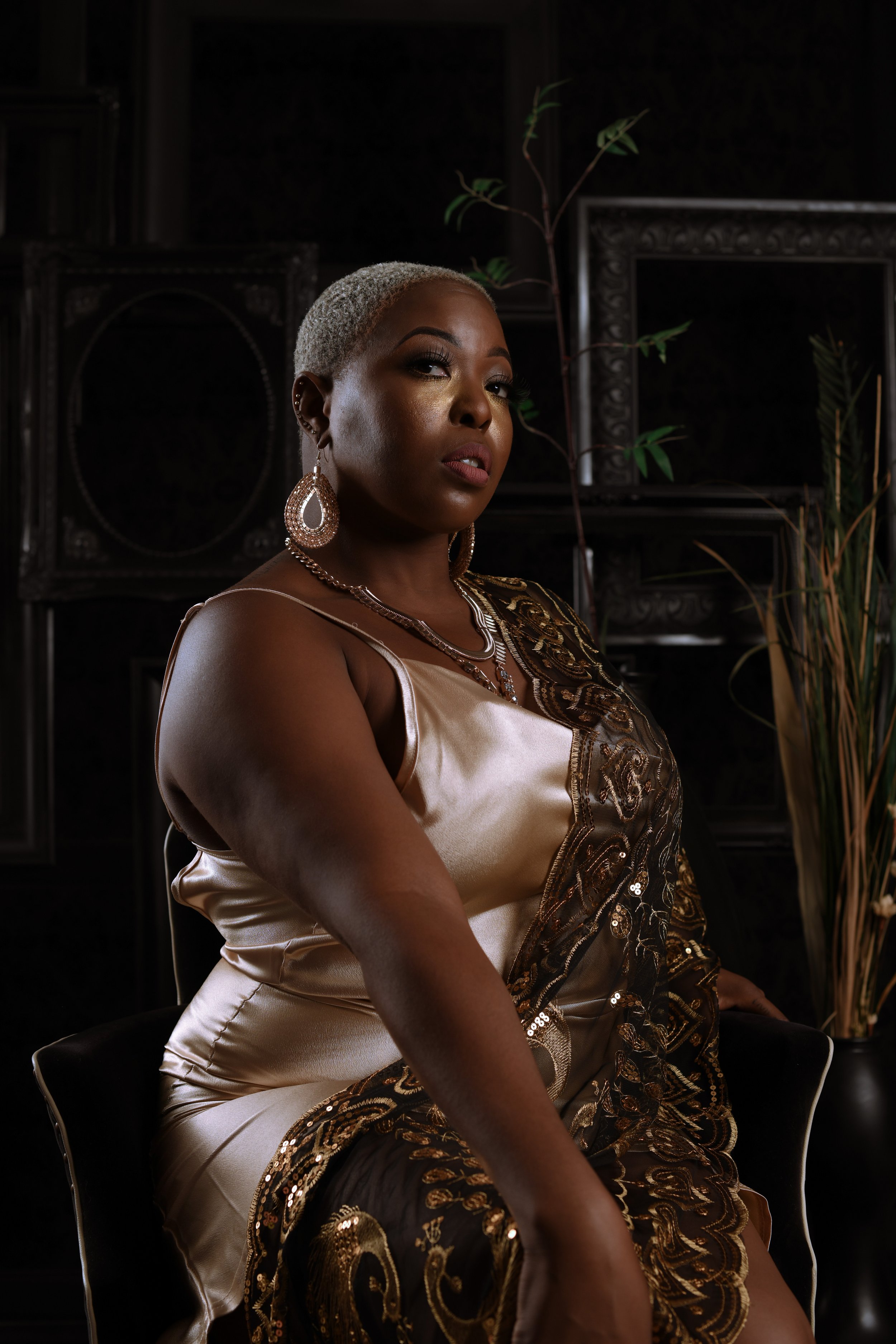
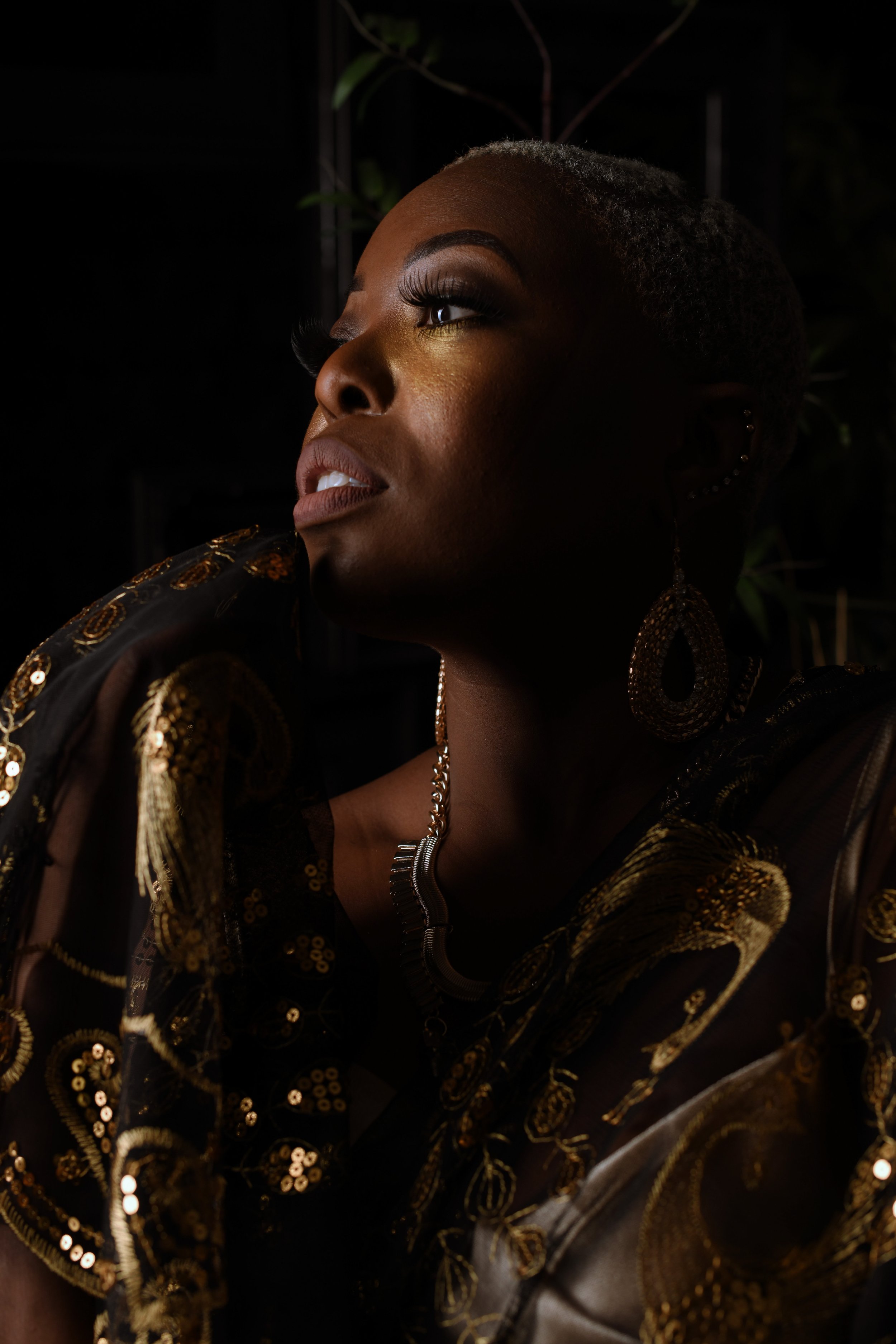
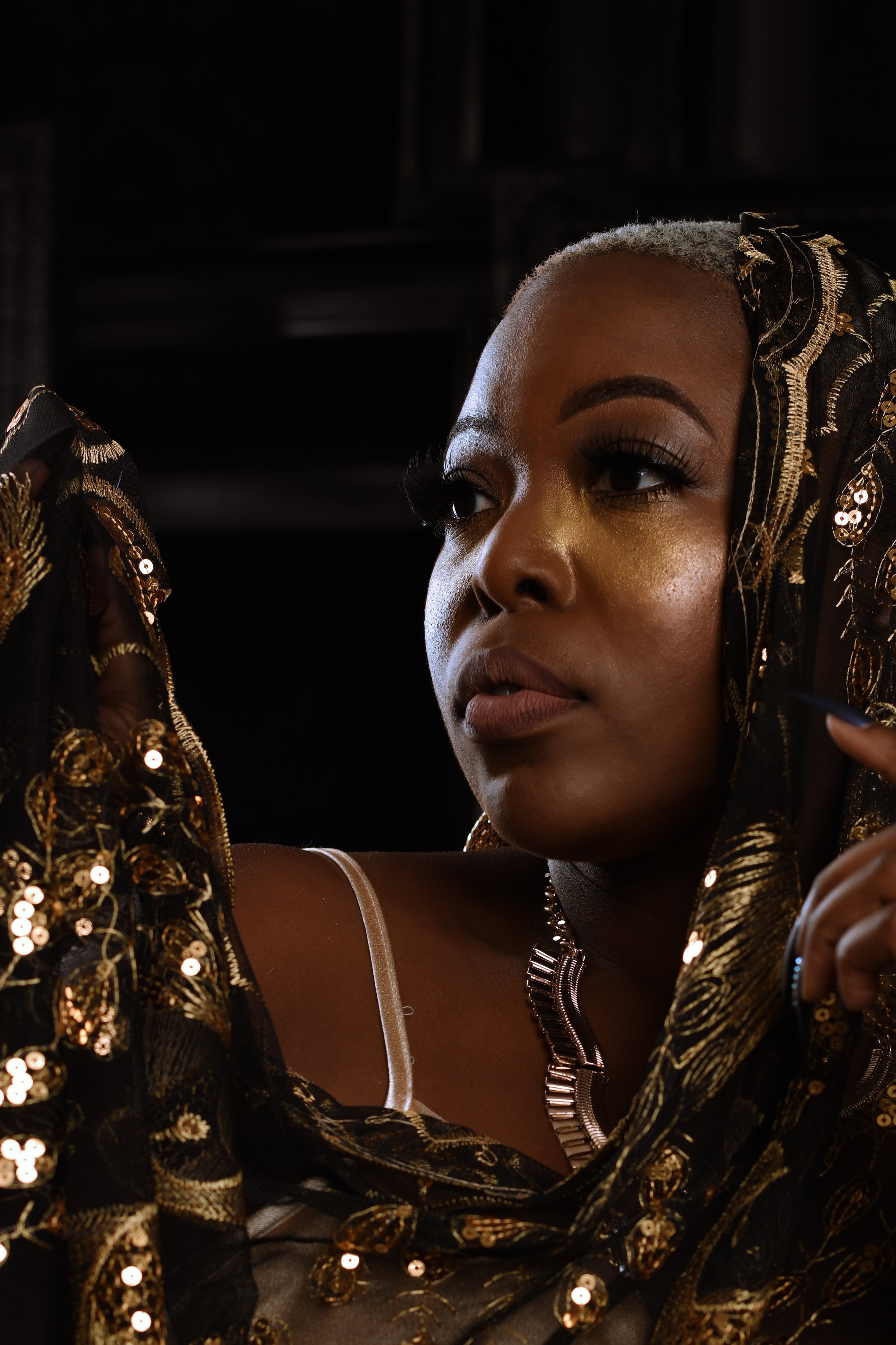
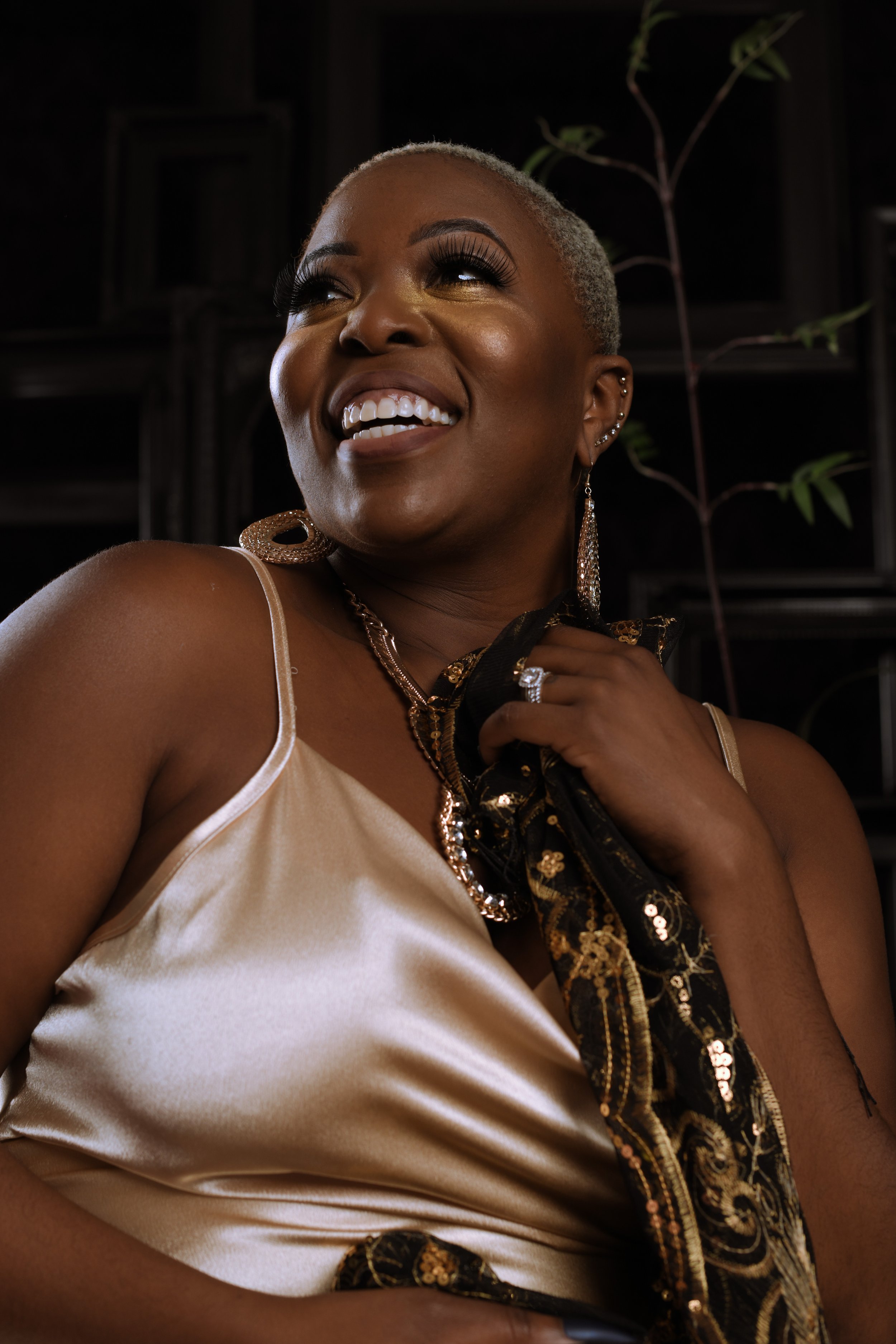
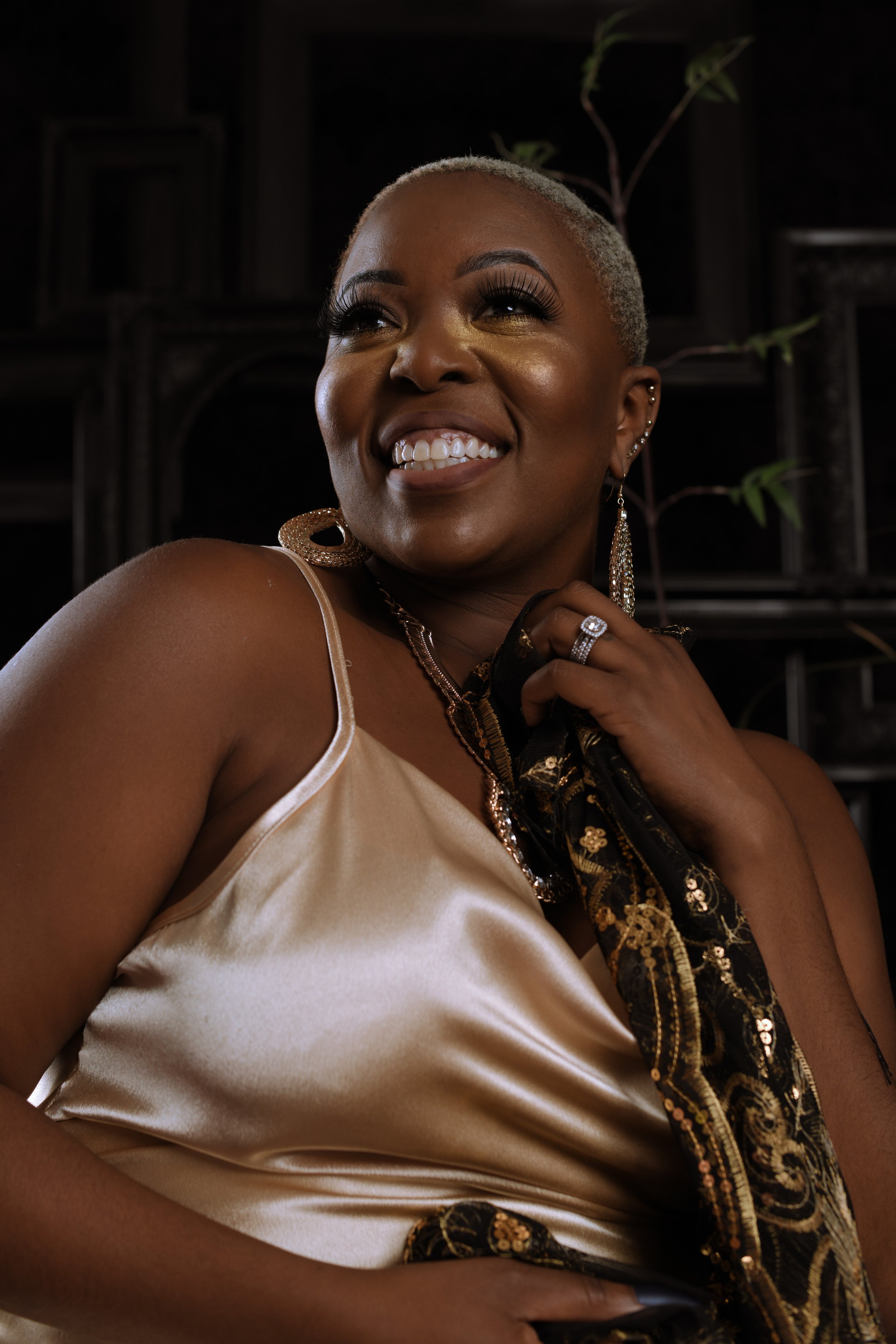
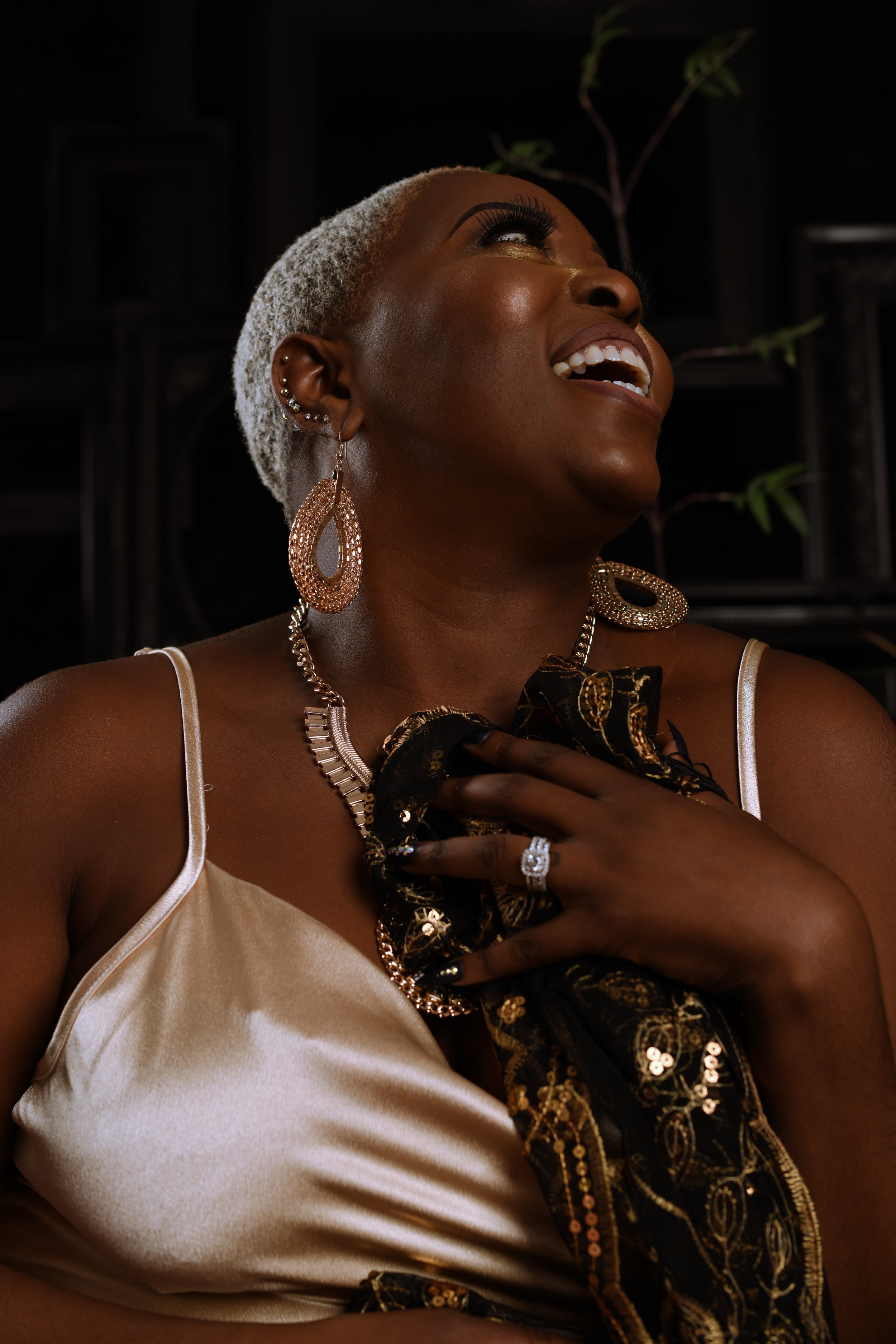
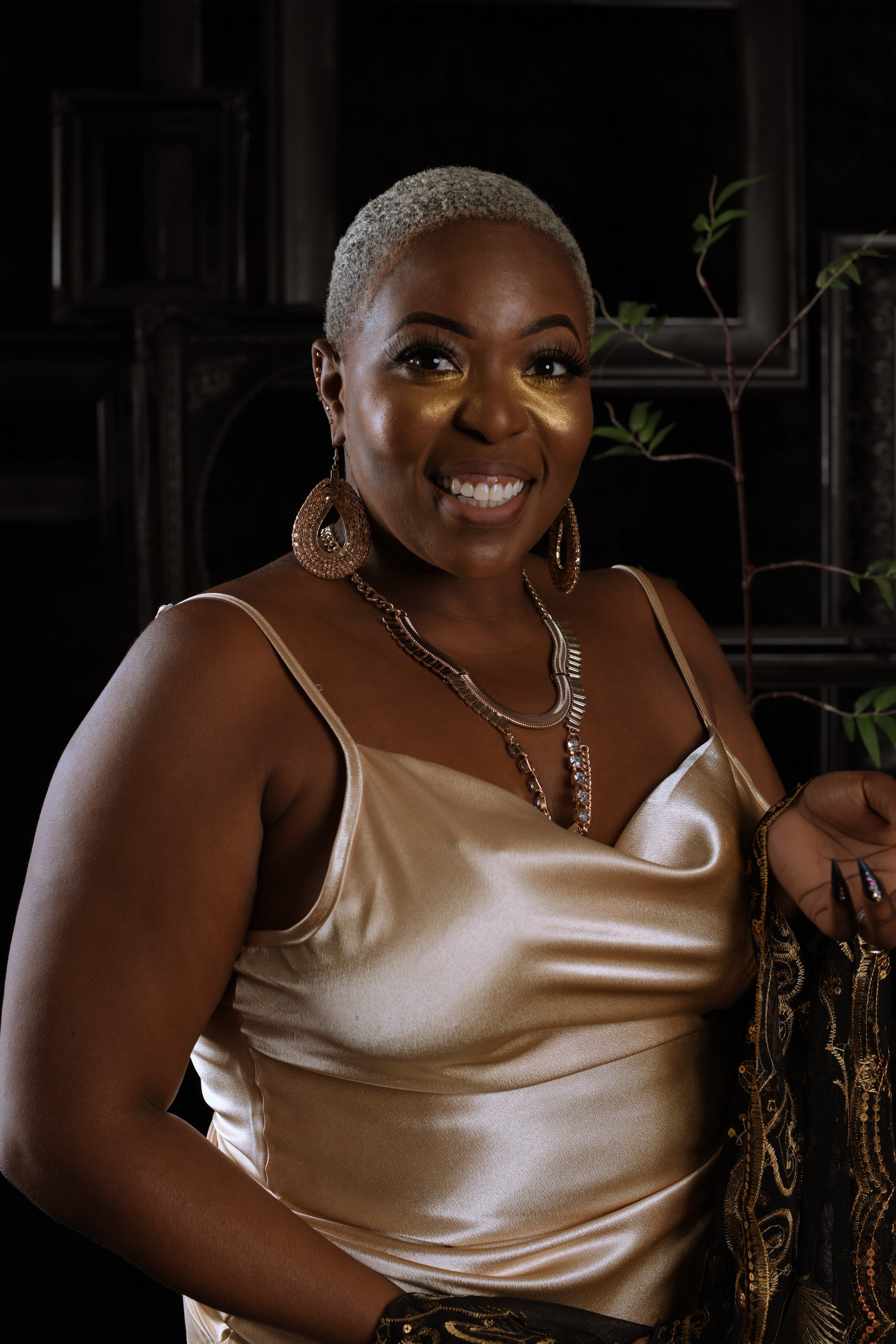
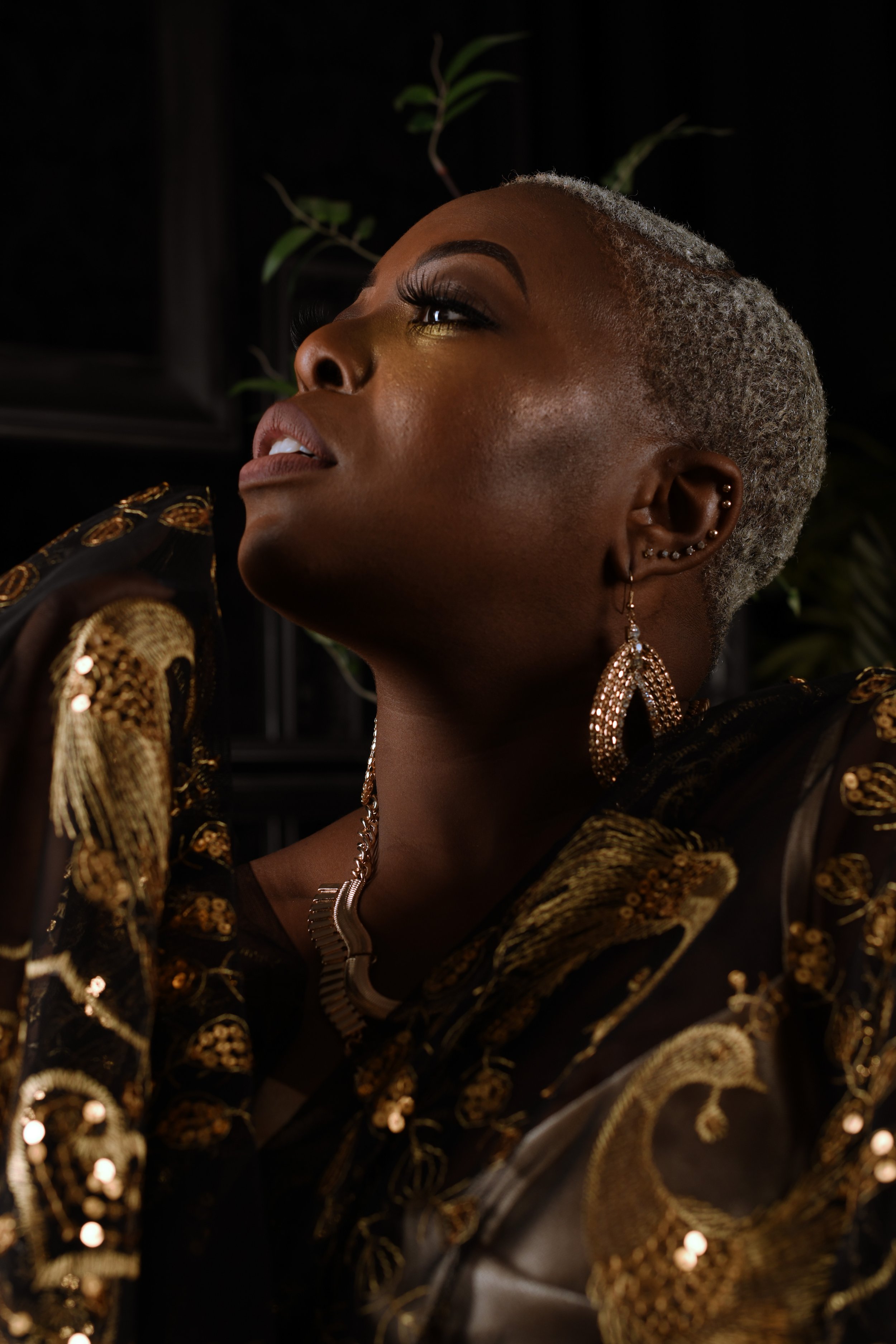
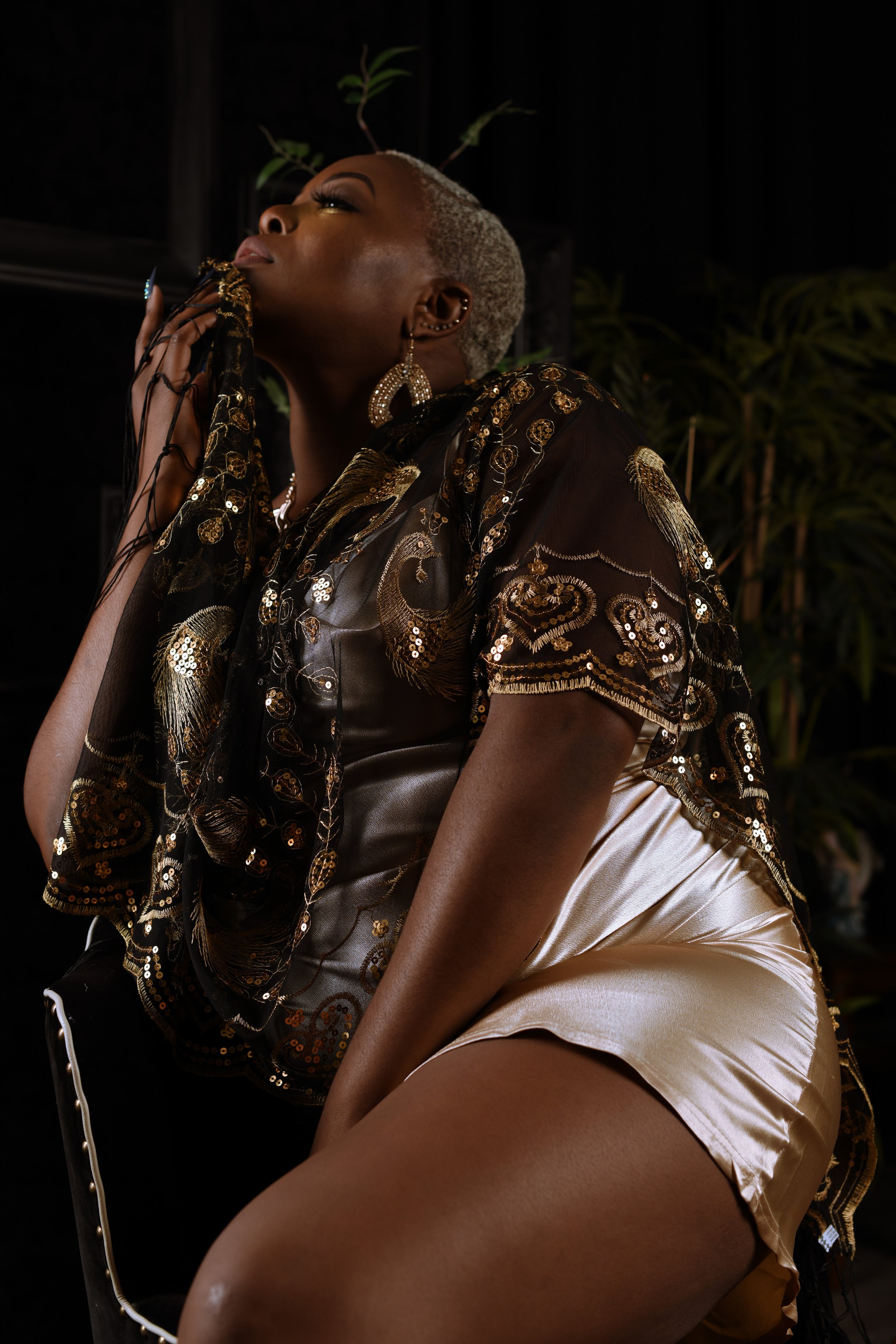
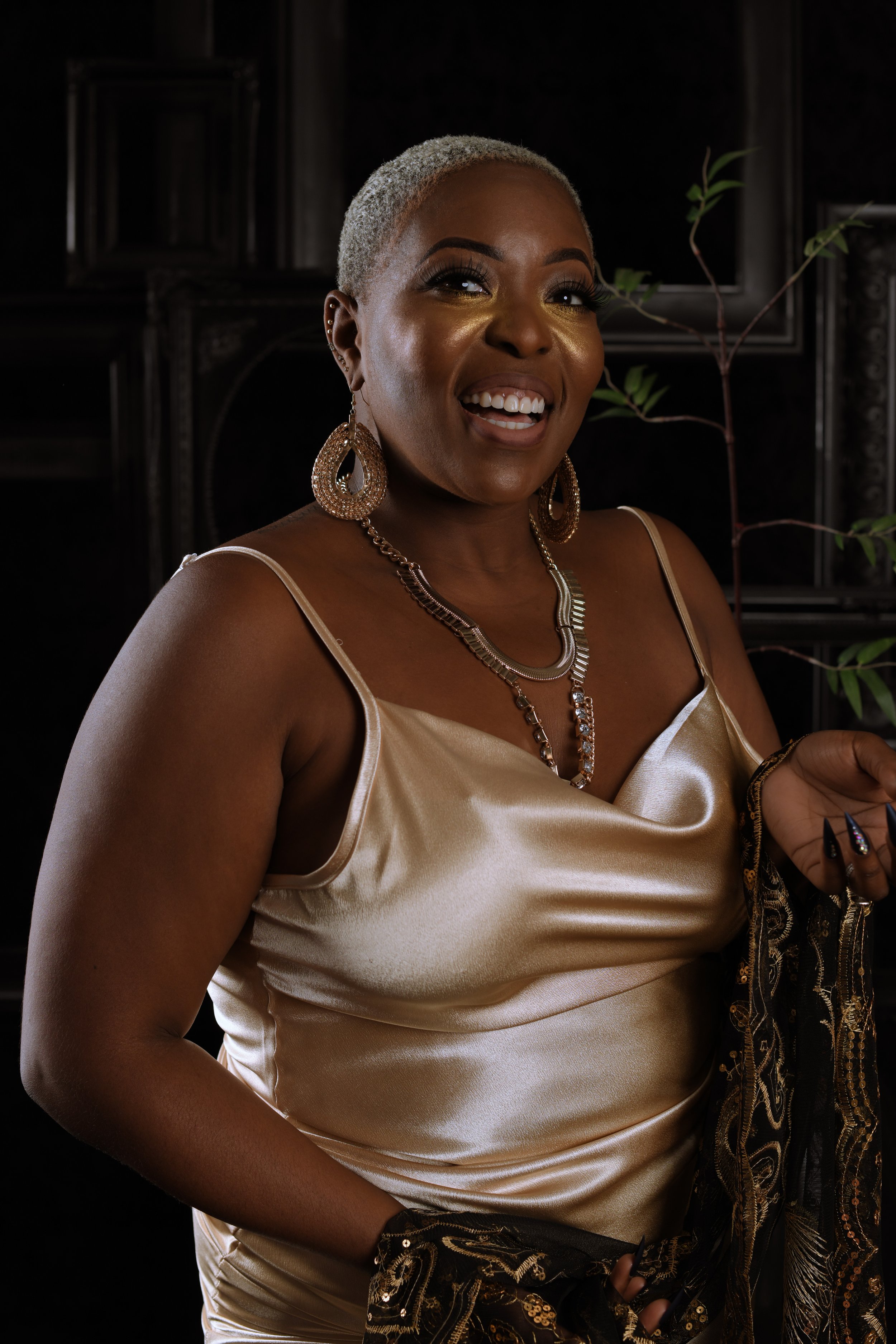
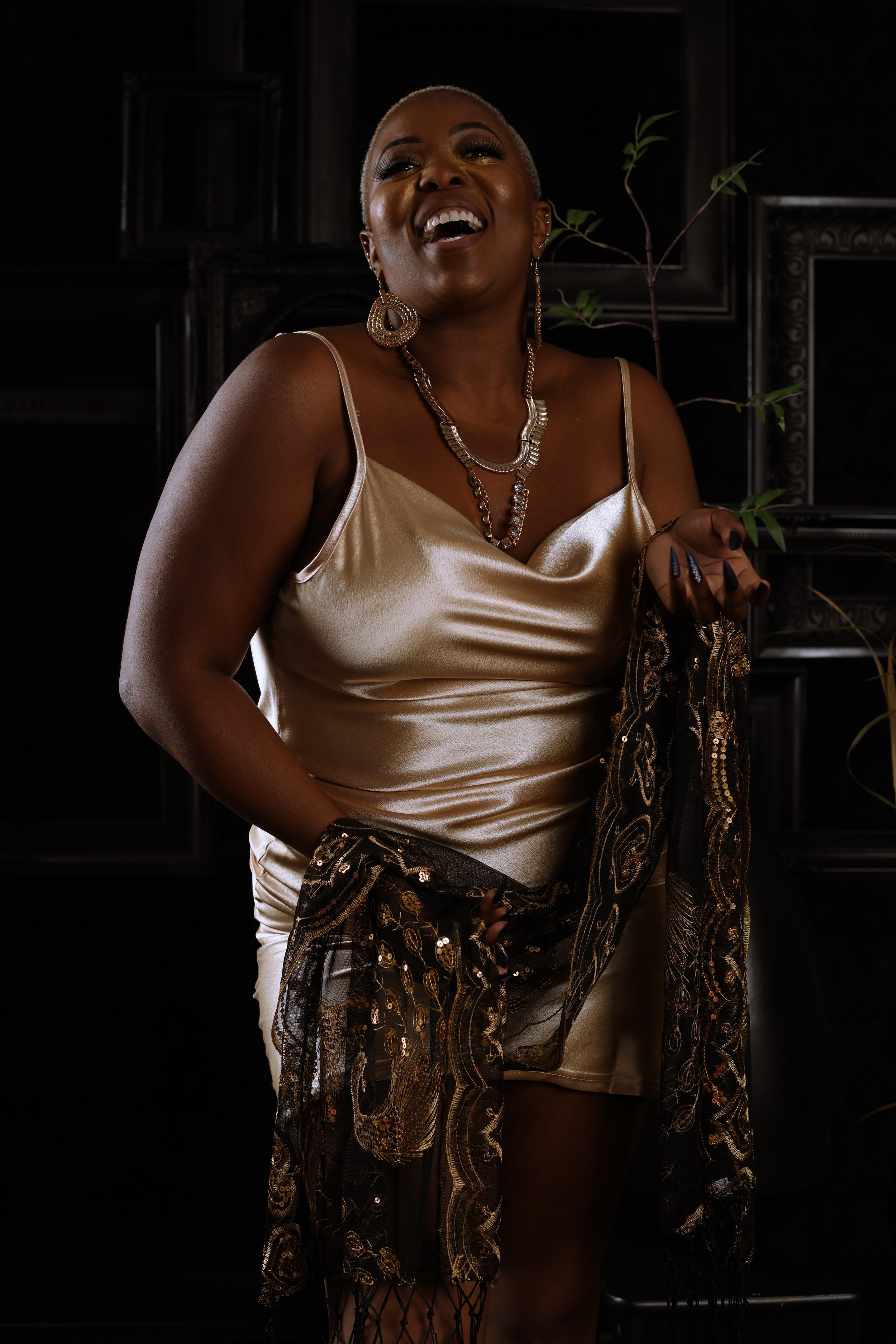
I am the proud daughter of Kenyan and West-Indian immigrants. Growing up, I learned pretty quickly about how beautiful and vast Blackness truly was. From the food I ate, clothes I wore, languages I heard spoken, to my name - Blackness was regal, smart, innovative, and strong.
This was especially true for Black women in my family and community. They handled everything without complaint and relied on their faith in God to get through even the most difficult of times. Due to religious and cultural values, there were no talks of addressing or recognizing wavering mental health or empowering intersectional identities or even learning how to admit that one is stressed or unhappy or anxious. Mentioning any of this was a sign that I wasn’t a strong believer in God or that my intrinsic faith was non-existent. This rhetoric led to me having panic attacks due to high anxiety around ensuring my basic needs were met or that I was secretly yearning for something more and ended up with hospital visits and EKG tests throughout my junior and senior year of high school.
So when I was diagnosed with fibroids at 23 and experienced horrific menstruation symptoms for almost 15 years, I didn't know where to turn. I definitely didn't want to seem like I didn't have faith, but I also desperately needed someone to talk to about how to navigate my cystic acne, fluctuating weight gain, and body dysmorphia (the disappointment and/or anger I had towards my body).
Little did I know that 10 years later, in my 30's, I would experience even more mental health challenges with my given family and would rely on therapy to help me navigate feelings of isolation and loneliness. Therapy changed my life. It helped me heal broken parts that I tried my hardest to suppress and helped me find the language to express my feelings without bursting into tears or completely shutting down. This was especially important for me in 2015, when I finally found the courage and bravery to stand in my queer identity and own all of who I was - someone who was attracted to women and had no yearning to birth children of my own, but was maternal in their own way and ready to share in co-parenting as a godmother, step-parent, and fine ass chocolate auntie.
Not only did this decision allow me to find my wife and curate a family in my own way, but it led me into my career and destiny as an entrepreneur, actress, philanthropist, and humanitarian. In 2018, I launched my company Muganzo Investments, LLC, married my beautiful wife in 2020 and expanded my entertainment portfolio in 2020 to launch my company's production wing that executive producer it's historical documentary film The Big Hysto: A Black Womb Revolution that centers the medical racism and sexism Black womb wolders face within the western medical system. Now, as an adult who works daily to take accountability for their actions and feelings, I maintain a healthy, on-going relationship with my therapist and have started taking myself on outings and dates that support my mental and emotional needs. As I continue to make the on-going commitment to myself and my future to check-in with myself, I am learning how to do the work to stay in love with myself and listen to my body, heart, mind, and spirit because with therapy I have recognized that I have full agency and power over my life and decisions and am fully capable of owning my power and taking full advantage of everything this life has to offer.